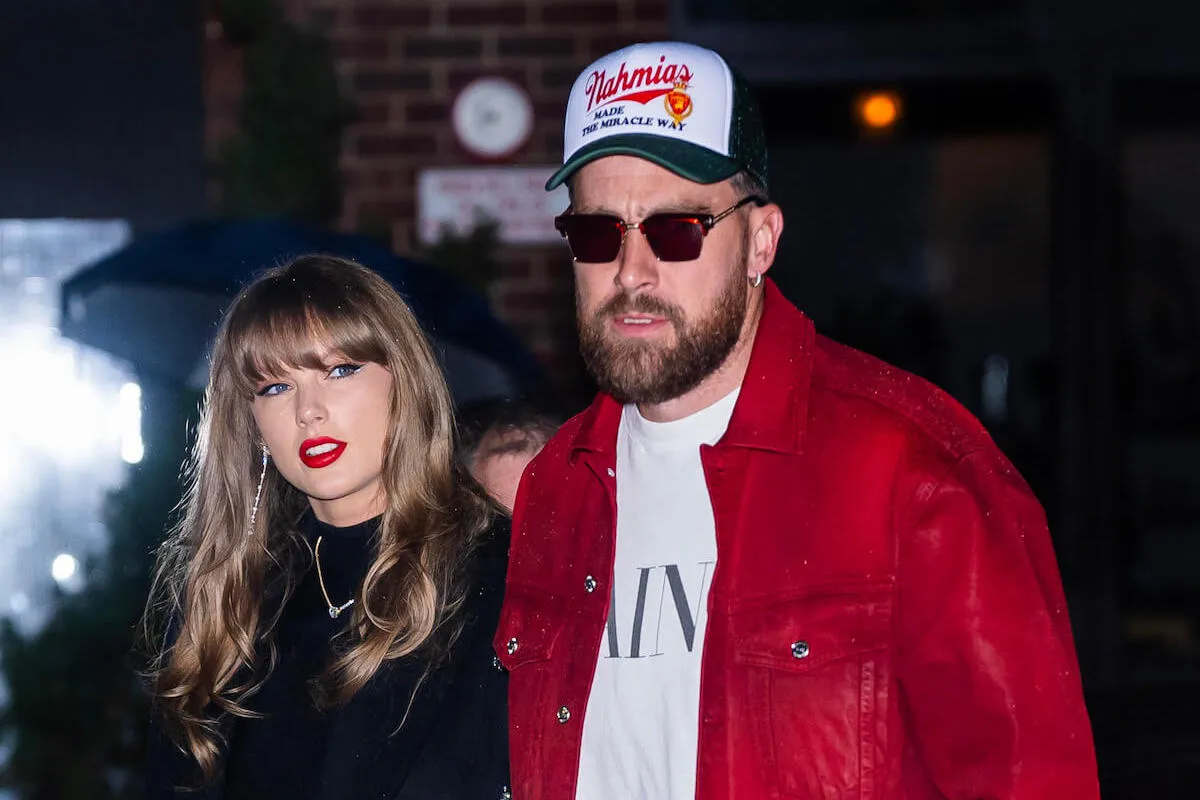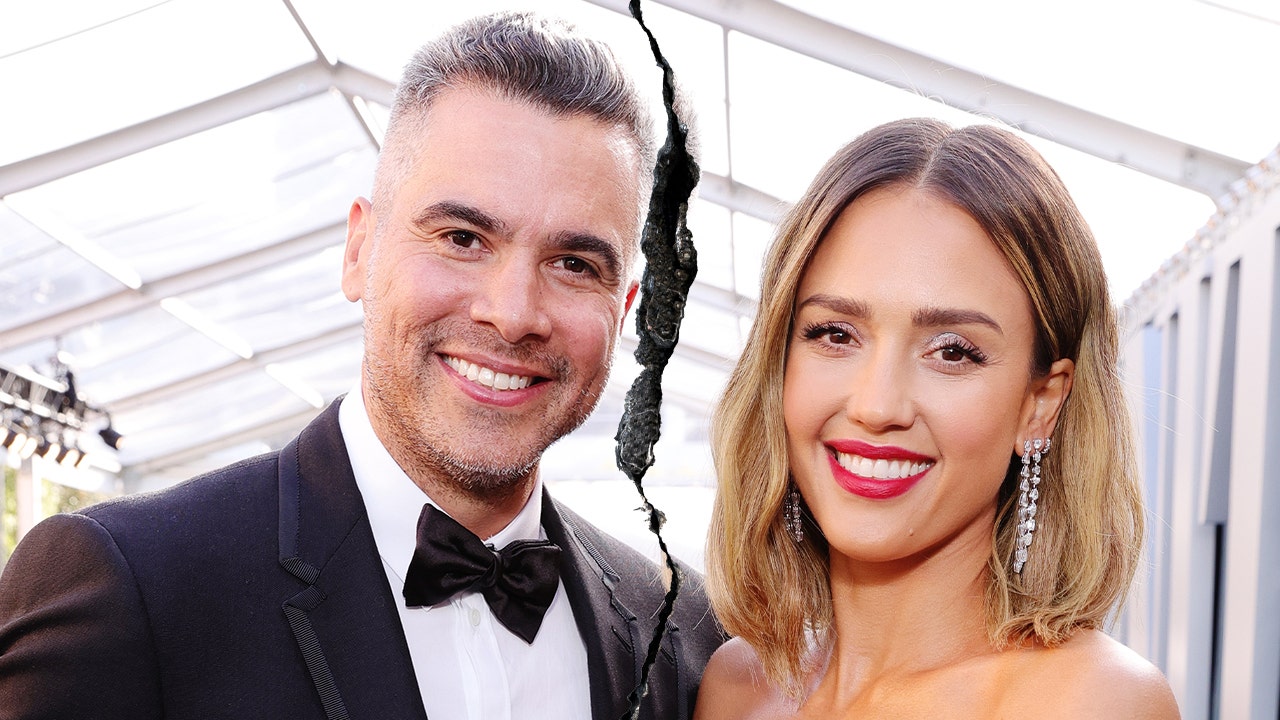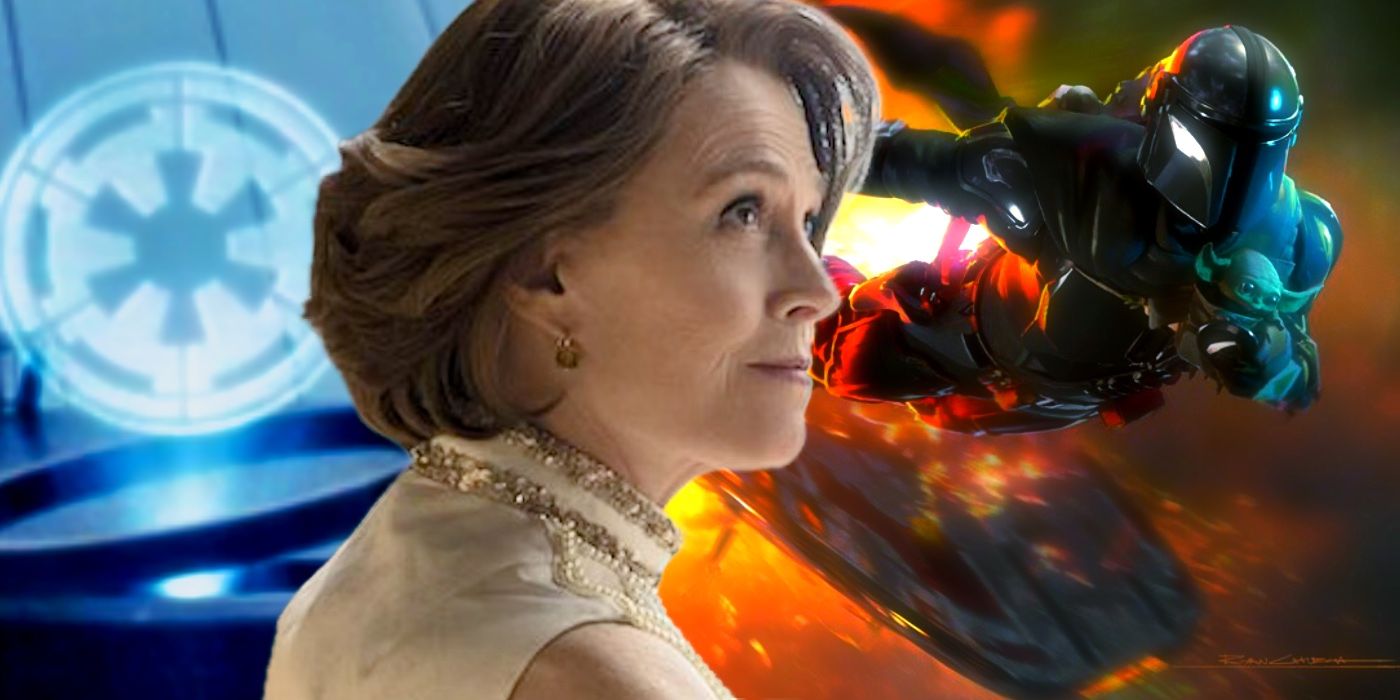When Spike Lee tried to sell out and failed miserably
Spike Lee has made some great movies, like 'Do The Right Thing', but he once made a decision that people believed made him a sell-out, only for it to fail.

(Credits: Far Out / TCM)
Film » Cutting Room Floor
Fri 7 February 2025 20:15, UK
What does it mean to sell out? When an indie director ditches their roots and accepts big-budget opportunities, are they selling out? Or simply taking what comes to them so that more people can see their work and they can fulfil their dream of being a full-time filmmaker? There are many nuances to what it means to sell out, from whether a filmmaker is able to retain their creative essence and idiosyncrasy to how far they go in ‘betraying’ the medium and if it even really matters at all.
For Spike Lee, being accused of selling out has come throughout his career, but he has always staunchly opposed these claims. Emerging in the 1980s, Lee led a new wave of cinema aimed at telling Black American stories, focusing on everything from love and friendship between young Black people to more overt issues of racism and police violence. His debut feature, She’s Gotta Have It, was released to acclaim in 1986, and he soon followed it with a string of other successful movies that asserted Lee’s place in independent cinema.
Do The Right Thing, released in 1990, was a major moment in Lee’s career, poignantly exploring the racial tensions between Black American and Italian-American members of a New York neighbourhood. The film remains a classic, and it even earned Lee an Oscar nomination for ‘Best Original Screenplay’. Throughout the subsequent decade, Lee released various other stories that continued to place Black people at the front and centre of the narratives, like Malcolm X, Crooklyn, Jungle Fever, and Get On the Bus.
Lee was eventually called a “sell out” by some of his fans when he made Summer of Sam, which shifts its focus to a group of Italian-American men. At a talk at the University of Georgia, the filmmaker defended the film, stating, “Black folks are saying Spike’s sold out. For me, this is a New York story.” Over a decade later, Lee would be criticised again – a lot more widely this time – when he made the decision to remake Park Chan-wook’s classic thriller Oldboy. Why Lee felt the need to make an Americanised – and less brutal – version of the film still remains a mystery, but the response was evidently far from what Lee was expecting.
Moving away from his focus on original Black stories, Lee’s film was a sanitised remake of an already popular film, with Josh Brolin starring as the main character, Doucett. Many people believed Lee was selling out, hopping on the Hollywood remake trend instead of staying true to his directorial ethos. However, the movie was a massive flop, grossing just $5.2million against a budget of $30m. The film also received negative reviews, with critics wondering why Lee couldn’t have just left the original movie alone.
Brolin didn’t think the final cut of Oldboy was great, telling Variety that he much preferred Lee’s initial vision before a studio got involved. “I thought Spike’s cut was actually way better than the studio’s, but the studio took it away, and I thought they’d cut it very poorly, and I thought it ended up having the opposite effect. That’s what happens when you start cutting to this idea of pandering for an audience and how testing can bite you in the ass. You don’t know what the audience is going to want.”
Lee began working as an indie director, and most of his films have an unmistakable quality to them – they couldn’t have been made by anyone else. Yet, Oldboy was a prime example of Lee’s creativity being compromised, and to many, he’d simply sold out. “I do have opinions, but it’s better to bite my tongue,” Brolin told the Los Angeles Times. While Lee’s attempt at selling out failed, he redeemed himself five years later with the Oscar-winning BlacKkKlansman.
Related Topics
directorIndieJosh BrolinPark Chan-WookSpike Lee

















